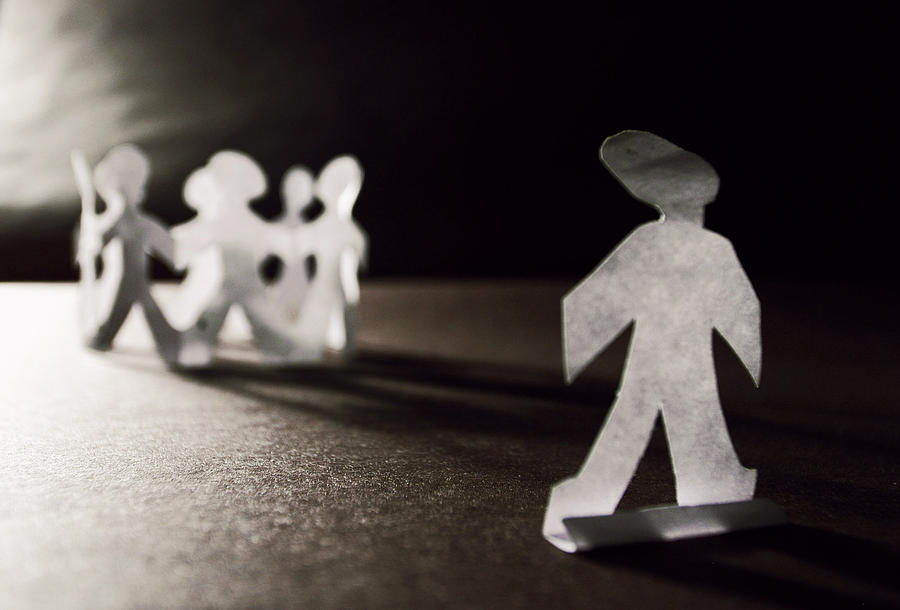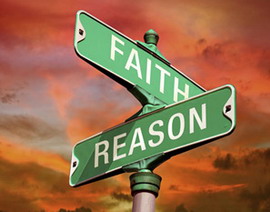
"Jesus answered and said to them, "Go and report to John what you hear and see: the BLIND RECEIVE SIGHT and the lame walk, the lepers are cleansed and the deaf hear, the dead are raised up, and the POOR HAVE THE GOSPEL PREACHED TO THEM." Matthew 11:4-5. New American Standard.
Over the weekend, I was reading the article that Ted Nugent put out about killing the "grandfather" of Charlie, the lion that was lured away from its protective habitat and slaughtered. And the picture he posted with it showed him and two other men crouching around this lion they had killed. Nugent made it clear that they used every part of this lion, and none of it went to waste.
I thought the article was very interesting, because I could sort of see what the next big story was going to revolve around. And, shortly after, someone posted a picture of the owner of Jimmy John's crouched next to a rhino that he had killed.
And, I'm sure new pictures will be posted throughout the week of wealthy individuals who go like to go trophy hunting. Some people are going to condemn these folks, and some people are going to support them. And, it'll be one more chance for people to pick sides, throw stones, and stand up for what they believe in.
But, as I read this passage this morning, a couple things occurred as I was sitting on the porch.
For one, I was thinking of what I have to report. Notice that in Jesus's instruction, he doesn't tell the disciples to report what they believe, but to report what they "hear" and "see." Now, if Jesus were here today, and there was some pastor on the other side of the country who was sitting in jail (as John the Baptist apparently was), and hadn't been exposed to what Jesus was up to, would I be able to report to said pastor that the blind can see, the lame can walk, and the dead are being raised from the dead?
Do I hear about these things happening? Yes. At least once a week, I hear someone either tell a story of some encounter they've had or a story they've heard about one of these things happening. Hearing about these things isn't unusual in the uber-spiritual culture I find myself in. The funny thing is, the people I hear talking about these things speak as if it's a common occurrence, like an everyday event. It's like a news report. All the tarnish has worn off and they talk about it as if it's as common as sitting in traffic during rush hour. Even if it were true, the tone that's usually used in proclaiming this news is monotone at best, boring at worst.
Do I see these things happening? No. I've never seen a blind person receive sight, a paralyzed person walk, a leper be cleansed, a deaf person hear again, or a dead person be resuscitated.
Hearing is definitely not the same as seeing for me. Yet, there was something going on with Jesus and these disciples that allowed them not only to hear, but to see as well.
The problem is, until I see what I'm hearing about, my report is very incomplete. And so, as of now, my eyes have nothing to report when it comes to these "miracles." If you or anybody you know would like to invite me to watch one of these things happen, I will drop everything I'm doing and show up. I just haven't seen it yet but it doesn't mean I'm not willing to see it.
That's the first point.
The second point that came to me was this: since I haven't literally seen these things happen in my lifetime, is there a chance that what Jesus was telling his disciples had a much deeper meaning than the literal restoration of sight, physical movement, breathing, and hearing?
I believe so.
In Jesus's day, you would never see a blind person sharing a sidewalk with someone who could see. You would never see a lame person sharing a table with a wealthy person. You'd never see a deaf person mingling with one who could hear. It was religious taboo. It was believed that physical ailments like blindness were caused by the sinfulness either of the person who suffered, or that person's parents. Sin was considered almost an infectious disease that carried throughout generations, and so if you were born blind, you were considered a byproduct of sinful nature, or, an outcast.
Whether or not there was literal truth behind Jesus's words in this passage, there was truth nonetheless. Jesus was declaring to his disciples and anyone who'd listen that the outcasts were no longer outcasts. And he wasn't just declaring it for social justice reasons, but he was declaring it for religious reasons. God loves the outcast just as much as God loves you.
The religious system that Jesus stepped into had boundaries that were too small. And what he did was erase the boundaries. He physically stepped over the dividing lines and made them erroneous. He declared that the God his people thought they knew was much bigger. The God his followers thought they worshiped was much bigger than what their social norms created God to be. This God erased the lines of division and invited everyone to participate in the story of creative restoration.
So, whether or not the blind were really given their sight back or the deaf could really hear again, there was something even more profound going on here. And it would be sad to miss the point.
And here it is.
With religion comes the outcast - the person or persons who are outside the lines, outside of the borders. That's where Ted Nugent comes in. But, that's also where the gay couple next door comes in. And, that's where Joel Osteen comes in. That's where the Mexican immigrant comes in. That's where anti-abortionists come in. That's where anti-vaccers come in. Do you see where I'm going with this?
Whether we follow Jesus via the Baptist tradition or the Catholic tradition, or we follow Muhammed via the Islamic tradition, we create our own versions of the outcast. There is at least one type of person who is outside of our religious lines.
And here's what Jesus did.
He declared that the religious lines weren't broad enough to include all of God's love, all of God's compassion, and all of God's redemption.
For a lot of you, Ted Nugent and his hunting crew is the outcast of your religious beliefs. And for others, the gay couple down the street is the outcast. And still others, Baptist preachers are the outcasts. And for others, child molesters are the outcasts. Whoever it is, whatever type of person it is . . .
. . . we all have outcasts.
And Jesus showed up to tell the world that there is a better way, but that way involves allowing our previously conceived pictures and visions and beliefs and tenants of God to expand beyond our mental, cultural, social, and intellectual borders.

